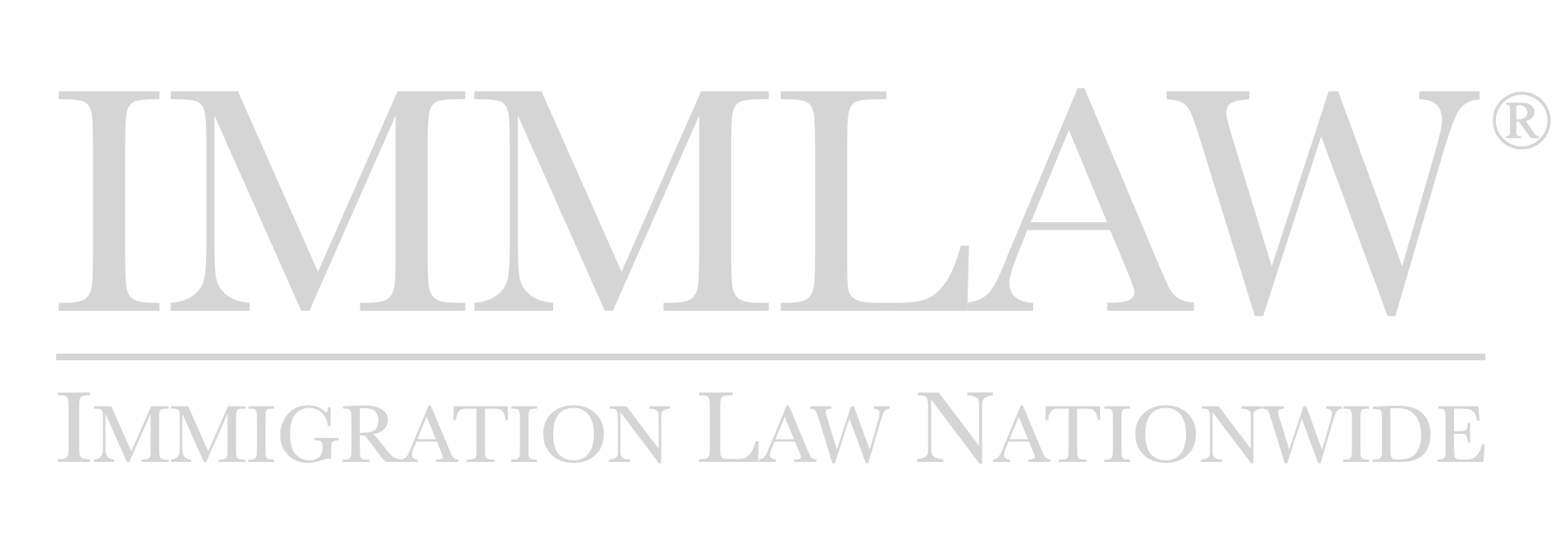
About Employment Based Immigrant Visas
The Immigration and Nationality Act (hereinafter the Act) provides five employment based immigration “preference” categories under which a foreign worker may qualify for permanent residence in the United States.
The five preference categories include:
- priority workers (First Preference);
- workers with advanced degrees and those of exceptional ability (Second Preference);
- skilled workers, professionals, and other workers (Third Preference);
- certain special immigrants, including religious workers (Fourth Preference); and
- employment creation (Fifth Preference).
What is the American Competitiveness in the Twenty First Century Act?
On October 17, 2000, President Clinton signed into law the American Competitiveness in the Twenty First Century Act. This law was the culmination of efforts between the business community and organizations, such as the American Immigration Lawyers Association, to grant the United States with a more favorable advantage in the global competition to employ the best-qualified professional candidates from around the world.
The law affords the United States an opportunity to compete on a level playing field with foreign companies in key industries, such as high-tech, manufacturing, pharmaceuticals, biotechnology, and education. The new law provides much needed relief to U.S. industries by either amending existing law or expanding provisions related to both employment based immigrant and nonimmigrant visa categories. The following article is an overview of employment based immigration as set forth in the Immigration and Nationality Act (hereinafter Act), the American Competitions and Workforce Improvement Act of 1998 (hereinafter ACWIA) and the American Competitiveness in the Twenty First Century Act of 2000.
The Act allocates 140,000 employment-based visas per year. 28.6% of the 140,000 total visa numbers (40,000) are allocated to each of the first three preference categories and 7.1% of the 140,000 total (10,000) are designated for each of the last two preferences.
The American Competitions in the Twenty First Century Act provides that if, in a calendar quarter, there are more visas available in all the employment based preferences than the number of qualified individuals who may be issued such visas, then, the visas may be made available without regard to country of origin of the per-country ceilings for employment based first, second, and third preference cases.
All unused employment base immigration visas from the prior and current fiscal years are to be “banked” for use in future years when demand exceeds the annual quarter.
